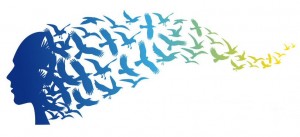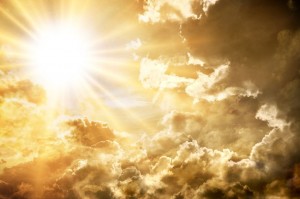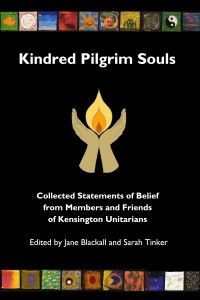
Sermon #31 (5th August 2018 at Essex Church / Kensington Unitarians)
This Sunday is the first tackling our new theme for the month of August: ‘Paying Attention’. And this morning I want to talk about a particular kind of paying-attention – I knew what I wanted to explore today as soon as we set the month’s theme – but, even now, as I stand here… I don’t know exactly what to call it. It’s something a bit elusive. Just for now – just to be getting on with – let’s call it ‘sensitivity’.
The distilled message of today’s service is this: There’s nearly always more going on in any given situation than is apparent at face value and we could – and maybe should – put a bit more effort into paying attention to these subtexts and subtleties, into reading between the lines, listening out for what’s not being said, the stories untold. I reckon it would be of benefit to everyone if we could each cultivate greater personal sensitivity in order to have a better sense of what’s going on around us (by which I mean: what’s really going on).









